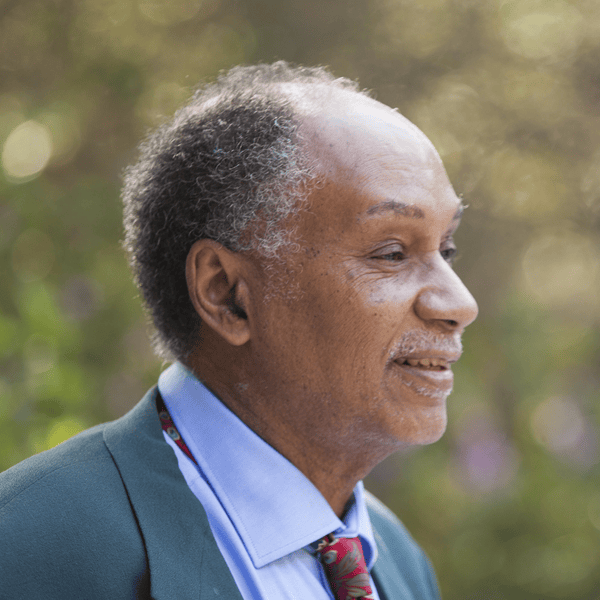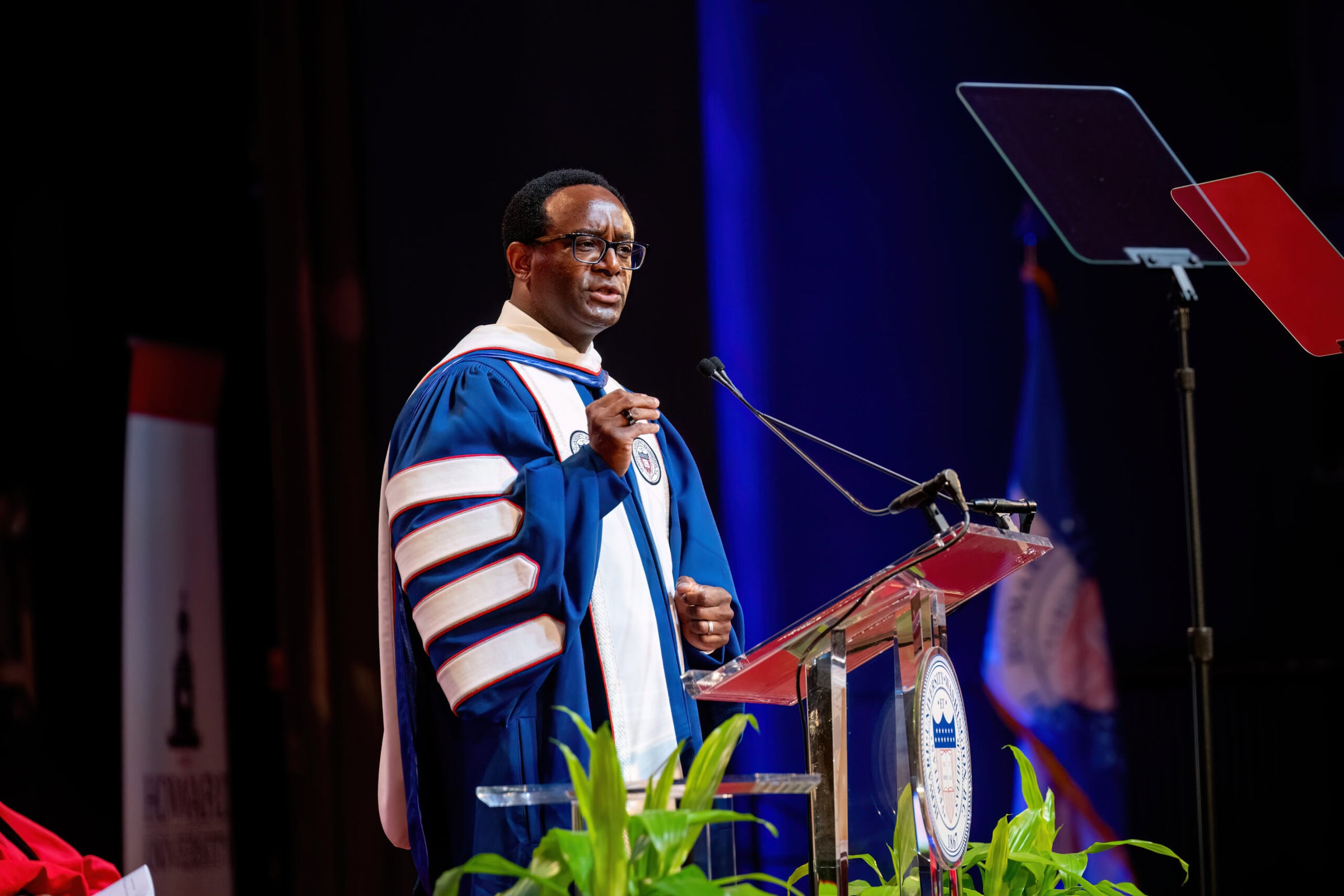
Václav Havel honors those who perished in Czechoslovakia’s Velvet Revolution, 1989. MD/Wikimedia Commons/CC BY-SA 3.0
Some years ago, while introducing my undergraduate course on the history of 20th-century Europe, I remarked that I’d been teaching the class since before the fall of the Soviet Union. I immediately realized that for most of my students this was an event that happened before or shortly after they were born; while I remembered it vividly, for them it was simply another part of history. (Perhaps they saw me that way, too.) Beyond fretting about how old they must think I was (as professors say, we stay the same age while our students get younger and younger), this incident made me reflect on what happens when our personal lives become part of the historical record about which we teach and write.
It is of course impossible and completely undesirable to separate personal lives and stories from broader historical narratives. In what many consider to be the first professional work of history, Herodotus’s The Histories, the author interweaves his personal opinions and observations with the objective historical narrative he constructs. A number of military men, including Thucydides, Clausewitz, and Ambrose Bierce, wrote histories of wars in which they served. Malcolm Cowley’s Exile’s Return functions as a literary history of Americans in interwar Paris by one who lived that experience.
How do you deal with the fact that periods that you remember living through now form part of what you teach as history?
There are also important examples of professional historians who lived in interesting times and write the histories of their own lives in those historical contexts. Peter Gay’s My German Question: Growing Up in Nazi Berlin mixes the historical and the personal, while his classic study Weimar Culture: The Outsider as Insider took a very different approach to the time and place in which he grew up. Feminist historians have been instrumental in integrating individual and historical narratives; Gerda Lerner’s Living with History/Making Social Change is a classic example. For some historians, this kind of autobiographical approach is not only a fitting culmination to a distinguished career but also a new kind of intervention into the relationship between history and current events.
My concern here involves those who study and teach current history. How do you deal with the fact that, as you grow older, periods that you remember living through now form part of what you teach as history? How does this awareness of the recent past as both personal and general history shape how we approach the study of the past, and how do we deal with this double awareness in teaching those for whom this is not an issue at all? Subjects like the Vietnam War, the Civil Rights Movement, and the Cold War all exemplify this for many American historians. How do we use our own personal anecdotes of those periods to bring this recent history alive without turning it into a kind of narcissistic nostalgia?
It is fascinating, for example, to compare how we remember not just specific events in our past but the more general feeling of an era to its portrayal by both primary and secondary sources. I can compare historical descriptions of America during the baby boom years with my own memories of living on a block where virtually every household had at least two kids, where half the population of my small suburban town was in grades K–12, and where as a consequence “playdates” simply meant running next door. It is also important to analyze why I remember such themes as significant, especially in the context of contemporary American childhood (and, for that matter, parenthood).
For historians of the modern world, treating our own lives as a historical canvas means learning to construct a dialogue between our personal and professional lives, and therefore to emphasize the importance of studying history at both micro and macro levels. It constitutes a major challenge, but also a major opportunity, for us and our students.
This work is licensed under a Creative Commons Attribution-NonCommercial-NoDerivatives 4.0 International License. Attribution must provide author name, article title, Perspectives on History, date of publication, and a link to this page. This license applies only to the article, not to text or images used here by permission.


